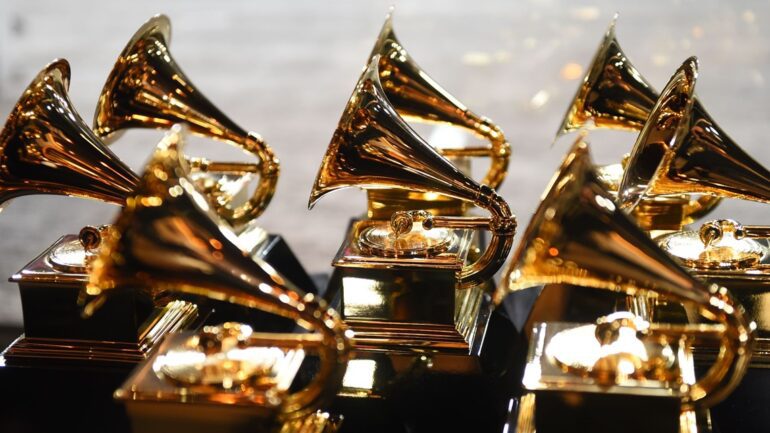TL;DR:
- The Recording Academy declares that only human creators are eligible for Grammy Awards, aiming to limit the use of AI in the music industry.
- AI-generated music as the sole work is prohibited, but AI-assisted music may still qualify in certain categories.
- Music creators must contribute at least 20% to an album to earn a nomination, ensuring recognition for significant creative input.
- The use of AI has expanded rapidly, posing a threat to human employment across various sectors.
- The Writers Guild of America and the Screen Actors Guild are also addressing the impact of AI in screenwriting and acting.
- Tensions have risen, with the WGA going on strike and SAG-AFTRA potentially following suit if agreements on AI usage are not reached.
Main AI News:
In a momentous declaration, the Recording Academy announced on Friday its decision to exclusively consider human creators as eligible contenders for the prestigious Grammy Awards. This bold move by the organization, entrusted with bestowing the music industry’s most esteemed accolades, aims to curb the ever-increasing prevalence of artificial intelligence (AI) within the field.
The Recording Academy unequivocally stated, “Only human creators are eligible” for the Grammy Awards, firmly asserting its stance on the matter. The organization recognizes the need to address the rising influence of AI in the industry, leading to this significant policy revision.
According to the updated rulebook of the academy, the use of AI-generated music as the sole work is strictly prohibited. However, music that incorporates AI assistance may still qualify for consideration in certain categories. The academy’s revised guidelines state, “A work that contains no human authorship is not eligible in any categories.” This measure aims to preserve the core essence of human artistry while acknowledging the potential contributions of AI in a limited capacity.
As part of these reforms, music creators must now actively contribute to at least 20% of an album to earn a nomination. Previously, any producer, songwriter, engineer, or featured artist on an album could receive a nomination for album of the year, irrespective of their level of involvement. This amendment ensures that deserving artists who have made substantial creative contributions are duly recognized.
The utilization of AI has witnessed rapid expansion since the introduction of OpenAI’s ChatGPT in November. Developed in collaboration with Microsoft Corp, ChatGPT is a free chatbot capable of generating human-like dialogue based on simple prompts. Consequently, a multitude of AI applications has emerged, enabling users to animate static photographs, create lifelike avatars in films, compose songs, and even write essays and articles. This proliferation of AI technology poses a potential threat to human employment across various sectors.
Notably, the Writers Guild of America (WGA) and the Screen Actors Guild (SAG-AFTRA) have also been grappling with the implications of AI in the creative domains of screenwriting and acting. While the WGA aims to curb the use of AI in screenwriting, SAG actors are focused on safeguarding their digital personas and ensuring appropriate compensation for their utilization.
Tensions have escalated within the WGA, leading to a writers’ strike commencing in early May. The unresolved negotiation primarily revolves around the acceptable implementation of AI technology, among other contentious matters. Similarly, actors belonging to SAG-AFTRA have expressed concerns over similar issues, signaling the possibility of an impending strike if a mutually agreeable resolution is not reached.
Conclusion:
The Recording Academy’s decision to restrict AI-generated music reinforces the significance of human artistry within the music industry. By acknowledging the potential of AI in a limited capacity and ensuring that human creators play a substantial role, the academy strikes a balance between technological advancements and genuine human expression. This move reflects a growing concern about the impact of AI on creative fields and sets a precedent for the industry to carefully consider the contributions of both human creators and AI technology.

